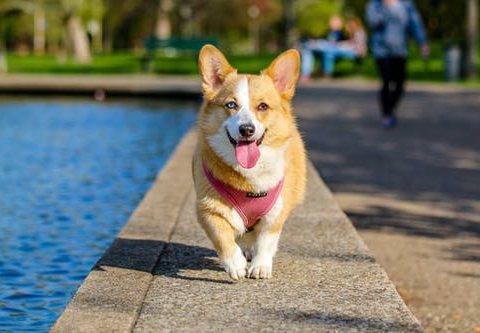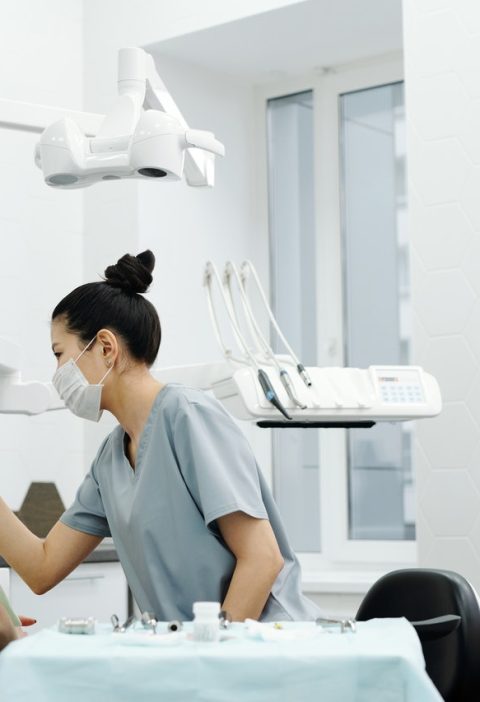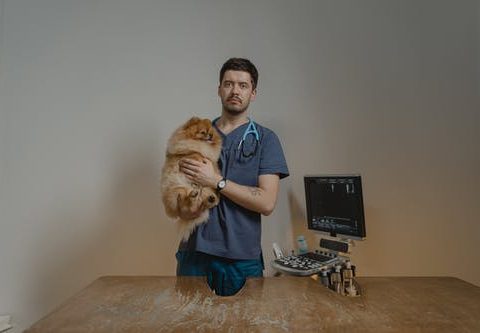Pet dental health is an essential yet often overlooked aspect of pet care. A shiny coat and bright eyes may make your furry friend appear healthy, but yellow teeth could spell trouble underneath their adorable grin. This article will discuss various aspects of pet dental care, recognizing signs of dental disease, and maintaining your pet’s oral health.
Understanding Dental Disease in Pets
Causes of Dental Disease
Dental disease in pets stems from a buildup of bacteria, plaque, and tartar on their teeth. Painful inflammation and infections may occur when these substances accumulate on the teeth’s surface and below the gums.
Dog Routine Exam
As part of a dog routine exam, veterinarians must evaluate your pet’s dental health. These routine checks can help identify any early signs of dental disease, enabling the implementation of preventative steps and treatments.
Early Signs of Dental Disease
Some of the first signs of dental issues in pets include bad breath, yellow tartar buildup, and red or swollen gums. Identifying these early warning signs is essential to prevent the progression of dental disease.
Regular Dental Evaluations for Pet Oral Health
In addition to regular checkups, pets should receive dental evaluations as part of their preventive care. During these evaluations, a veterinarian may check for signs of dental disease and recommend appropriate treatments. Regular dental checkups help prevent serious issues from developing later on.
Pet Vaccination
Vaccination plays a crucial role in safeguarding your pet’s overall health. To learn more info about appropriate vaccines for your furry friend, consult your veterinarian. Like regular dental evaluations, vaccination is essential in maintaining your pet’s well-being.
Dental X-rays and Their Importance in Diagnosing Dental Issues
Dental X-rays are vital in detecting underlying dental disease. In one study, veterinarians discovered dental issues in 27.8% of dogs and 41.7% of cats through X-rays, even when their teeth appeared healthy to the naked eye. Dental X-rays help identify issues that might otherwise go unnoticed, leading to more effective treatment plans.
Anesthesia in Pet Dental Procedures
Anesthesia plays a significant role in dental procedures for pets. It ensures your pet’s safety and comfort during dental examinations and treatments, allowing for more accurate diagnoses and reduced complications.
Pet Dental Care
Proper dog teeth cleaning is vital in maintaining your pet’s dental health. A professional dental cleaning will eliminate plaque and tartar, maintain a healthy gum line, and can potentially prevent dental issues from becoming more severe.
Dangers of Nonanesthetic Dentistry
Nonanesthetic dentistry—for exams and treatments conducted without anesthesia—can be highly stressful and uncomfortable for pets. Moreover, it is often ineffective, as obtaining dental X-rays or using cleaning instruments properly without anesthesia is difficult.
Pet Dental Diets and the Role of Food in Oral Health
A dental diet for pets offers specially designed food that promotes oral health and prevents dental issues. Consult your veterinarian about your pet’s best dental diet options, and be mindful of their unique dietary needs.
Tooth Extractions and Pain Management for Pets
Sometimes, tooth extractions become necessary to address severe dental disease. In these cases, proper pain management is crucial. Your veterinarian can tailor a pain management plan to ensure your pet’s comfort during and after the extraction procedure.
Home Dental Care for Pets
In addition to professional cleanings, daily home dental care is essential in maintaining your pet’s oral health. Brushing your pet’s teeth with pet-specific toothpaste and offering dental chews, like those approved by the Veterinary Oral Health Council, can help decrease plaque and tartar buildup.
The Takeaway
Don’t let your pet’s cute smile mask potential dental issues. Maintain your pet’s oral health by seeking regular checkups, practicing proper home dental care, and considering a pet dental diet. By proactively addressing dental problems, you can prevent serious health complications and discomfort for your beloved pet.








